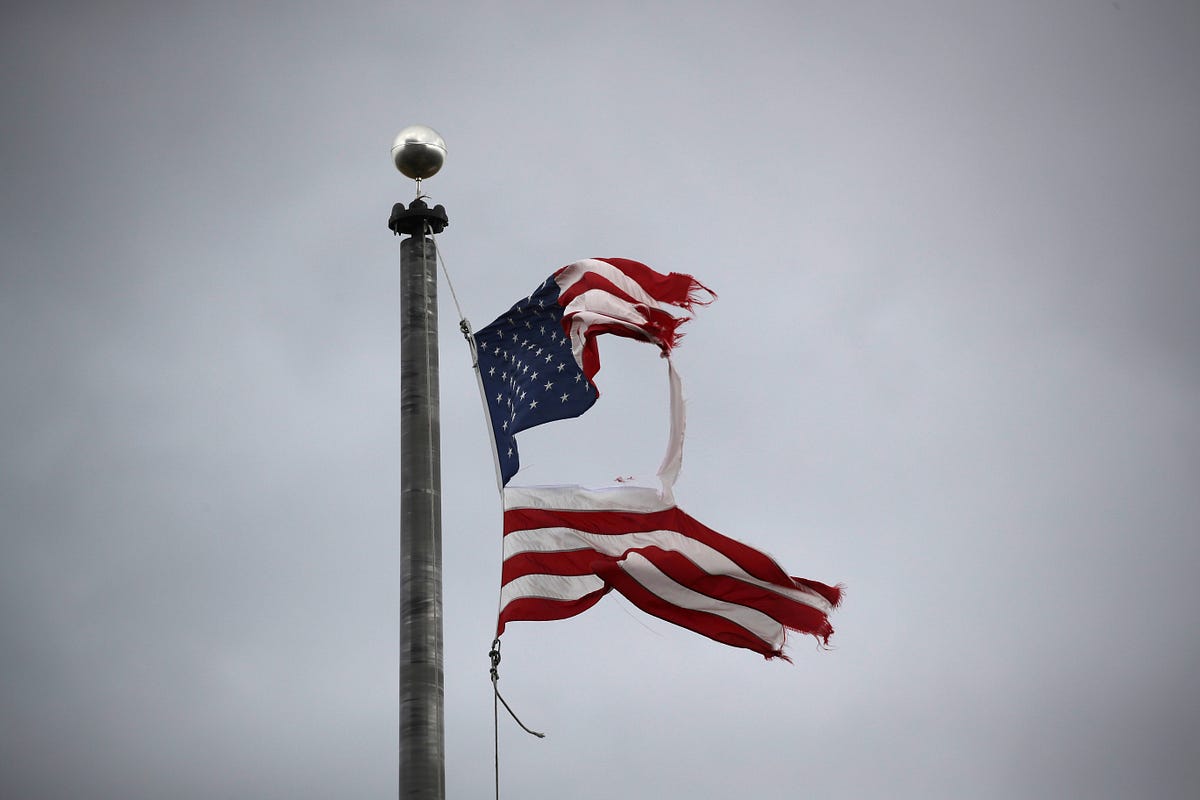
The Perils of 180ism
A few months after I first moved to the United States, “The Colbert Report” premiered on television. In his very first episode, in October 2005, Stephen Colbert defined “truthiness.” What matters, he argued in a hilarious imitation of a hard-charging right-wing television pundit, isn’t whether some statement about the world is true; it’s whether it feels true.
Colbert’s shtick was so popular, I quickly realized, because it encapsulated what many of my new friends in New York defined themselves against. These were the waning years of George W. Bush’s presidency. Bush argued from the gut; my friends insisted that it was important for politics not to be too emotive. Bush saw the world in Manichean terms and cast himself as the champion of freedom in a monumental war against the “axis of evil”; they insisted that such a simple juxtaposition between good and evil was a poor guide to reality.
I didn’t altogether agree with them. In a democracy, it seemed to me, emotions will always have an important role to play. My friends’ reluctance to admit that al-Qaida really was, well, evil struck me as morally obtuse. And yet, the terms in which they defined themselves helped to shape my own self-understanding. On the whole, I was happy to join a political tribe that believed in looking the facts in the face even when they don’t fit your preferred narrative and insisted that a complicated question like how to respond to 9/11 allowed for more than two possible answers.













